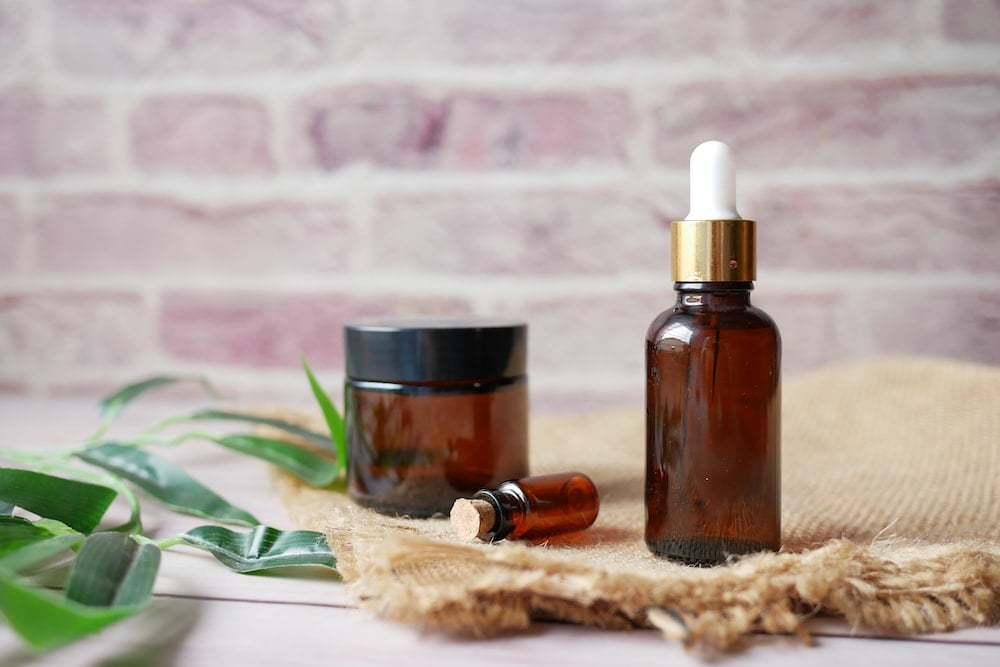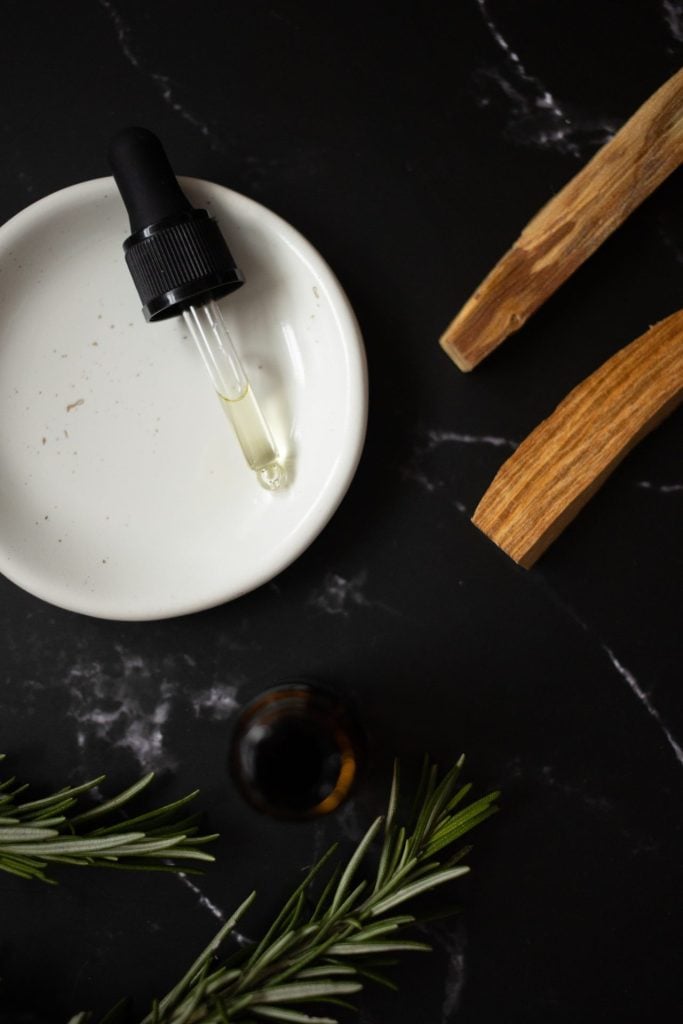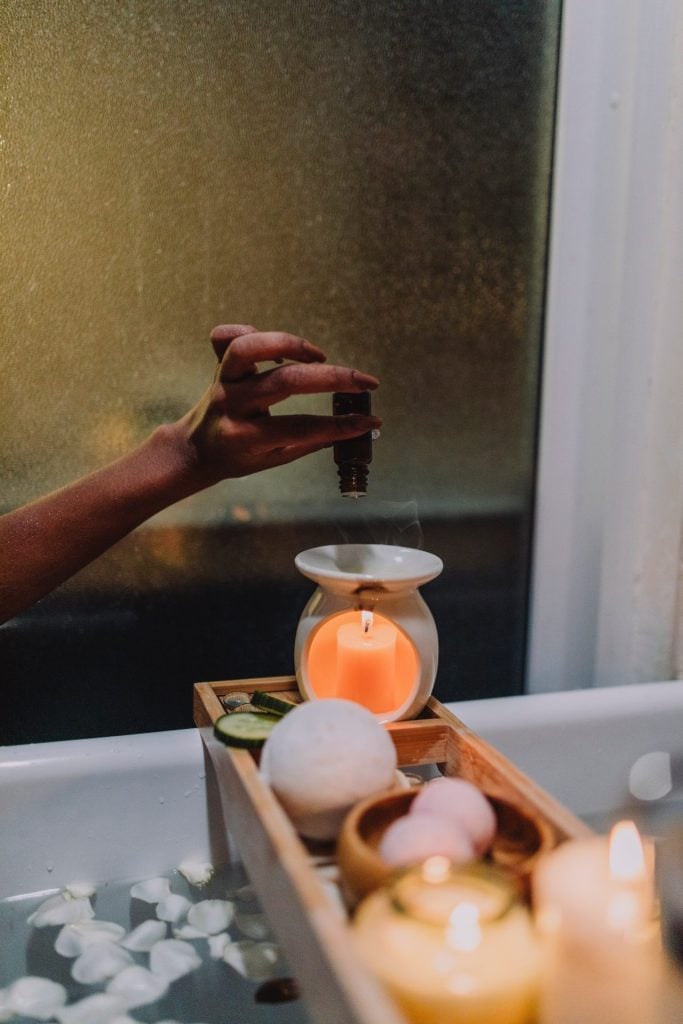BLOGS
Wonderful Benefits of Pine Oil
Essential oils are gaining popularity among the general public as viable pharmaceutical replacements. One of the many plant compounds still being researched for potential medical use is pine essential oil.
Pine essential oil is made out from pine trees, is well-known for its potent woodsy aroma and is said to provide a number of health benefits.

What is Pine Oil?
Pine tree needles, which are prized for their powerful scent, are used to make pine essential oil. In fact, if you smell pine, you could think of a Christmas tree.
Like to any other essential oils, pine has been used for a long time in conventional treatment.
Pine scents and oil extracts are also widespread in everyday items. They include air fresheners, disinfectants, and cleansers for floors and furniture. But oil extracts are not the same as essential oils because they lack the same potent therapeutic qualities. Because they are so potent, essential oils have a variety of chemical constituents. So, it’s not a good idea to ingest essential oils.
Benefits of Pine Essential Oil
The smell of pine is well-known to everyone who enjoys being outside; it is a woodsy, pleasant perfume that frequently conjures images of the holidays. Other than providing a festive mood, pine essential oil has a variety of functions in aromatherapy, cleaning, massage, and medicine.

Pine essential oil has a wide range of medicinal advantages, including being antibacterial, analgesic, diuretic, antiseptic, fragrant, and stimulating. Here are some of the most popular noteworthy benefits of using this multi-purpose oil:
The most typical use for pine essential oil is the treatment of skin-related issues. Psoriasis, eczema, itchiness, scabies, sores, fleas, acne, and other skin conditions are frequently treated with the oil. It can also function as an antioxidant against free radicals, preventing the development of wrinkles, sagging skin, and other early aging symptoms.
Because of its lovely, woodsy scent, pine essential oil is utilized in cosmetics like perfumes and scented items. This oil is probably present in a lot of soap and bath products. Even lice from hair can be removed with the help of it.
This kind of oil can enhance your metabolism and boost your activity levels; it is also a good diuretic and helps remove extra water from your body through urination. This not only speeds up the process by which your body gets rid of extra fluid, salt, and fat, but it also maintains the function of your kidneys and encourages the total clearance of pollutants.
Pine essential oil is well known for its capability to improve mood. It can be used to invigorate and relieve mental stress that originates from exhaustion, worry, and nervous tension. It is a great method to reenergize and raise your mood when used in aromatherapy.
This oil is frequently used as a treatment for joint pain, arthritis, and rheumatic disorders since it is thought to be an analgesic. Moreover, it has anti-inflammatory properties that lessen inflammation-related pain and redness in diseases comparable to these.
It has been demonstrated to slow down the natural aging of your eyes in addition to being helpful for minimizing the indications of age on your face. This can involve safeguarding against and enhancing your eyes’ resistance to macular degeneration, cataracts, and other age-related vision issues.
Due to its expectorant properties, pine essential oil is frequently utilized in cough and cold medicines. It facilitates the removal of mucus and phlegm from the respiratory tract by loosening it.
Given its energizing, purifying, uplifting, and rejuvenating properties, pine is one of the most significant oils used in aromatherapy. It mixes well with many different oils. It can ease achy muscles when used as a massage oil.
In the case of ailments like the common cold, inhaling oils like pine may also have cleansing benefits.
This oil is frequently used to treat wounds, boils, athletes foot, and other fungal infections because of its antiseptic characteristics.
Other uses of Pine Essential Oil
For homes, workplaces, and automobiles, pine essential oil extracts are frequently utilized in air fresheners. On the other hand, essential oils can be utilized in aromatherapy to produce an upbeat and energizing environment, not merely a pleasant scent.
How to Use Pine Essential Oil
Pine essential oil has a variety of applications, including topical and inhalational uses. Consult a physician regarding the following procedures.

Use a Diffuser
Diffusing is one of the most popular ways to use essential oils. A couple of drops of pine essential oil in a diffuser with water will quickly create a secure room scent. And once the device is turned on, the diffuser then releases cool steam.
Inhale it
Pine essential oil can still provide aromatic benefits through inhalation if you don’t have a diffuser.
Simply place a couple of drops on a tissue, hold the tissue in front of your face, and take a few deep breaths. You might also try placing the essential oil bottle under your nose.
Apply it topically
Uses for pine essential oil on the skin include direct application and massage.
Before applying pine essential oil directly to your skin, it’s important to dilute it with a carrier oil. A few drops of pine essential oil should be combined with a tablespoon of almond, jojoba, or coconut oil. You can also use this mixture for a patch test 24 hours beforehand to make sure you are not allergic to pine.
Add some to your bath

You can also use essential oils in the bath. A few drops of the essential oil should be added to some warm running water. As you enter and exit the tub, keep an eye out for any slick areas.
Side Effects of Pine Oil
Essential oils can have an effect on those who inhale when used in aromatherapy.
Unfortunately, some essential oils are harmful to children and pregnant people, and they are also toxic to pets. Moreover, many oils, particularly pine essential oil, may cause skin problems.
Possible side effects include:
- redness
- hives
- itchiness
- dry skin
- swelling
- peeling skin
Don’t use this oil if you have a pine tree allergy. Some people are sensitive to pine pollen, which is uncommon. If you have allergy-like symptoms with this oil, such as sneezing or skin rashes, you may be allergic to it.
Precautions
The charm of being “natural” is what makes essential oils like pine alluring. The effects of traditional medicine can be mimicked by these plant compounds, nevertheless, due to their potency.
This is why it’s wise to consult a doctor before using them, especially if you’re expecting or already have a health issue.

Precautions before using this oil are the greatest strategy to lower the chance of negative effects:
- Avoid applying essential oils close to your eyes.
- Don’t forget to add a carrier oil to your essential oil blend.
- Never consume essential oils orally.
Where to get Pine Oil
It is readily available at natural health shops, pharmacies, and massage parlors because to the growing popularity of essential oils. Also, there are numerous pine-scented oil products available online.

















